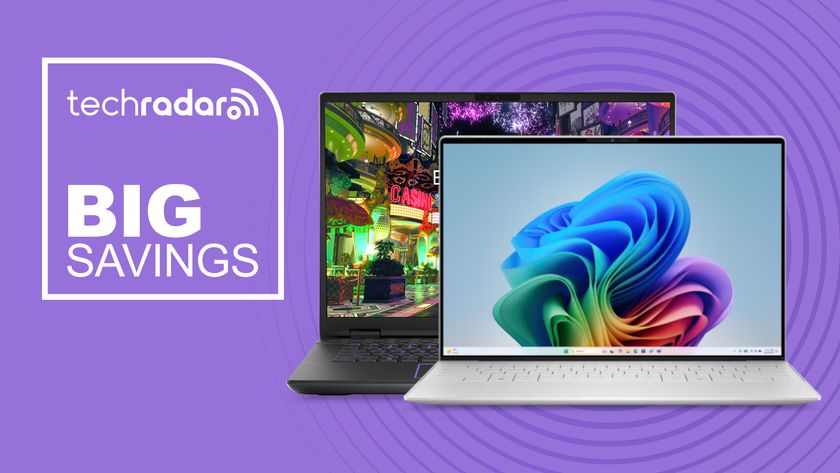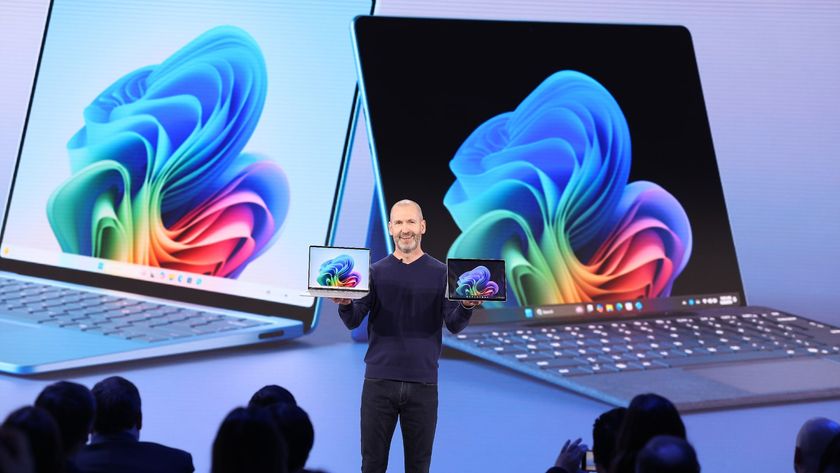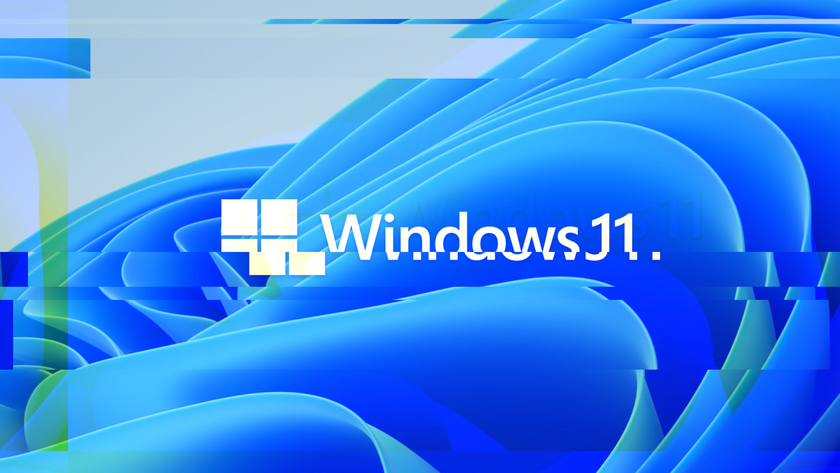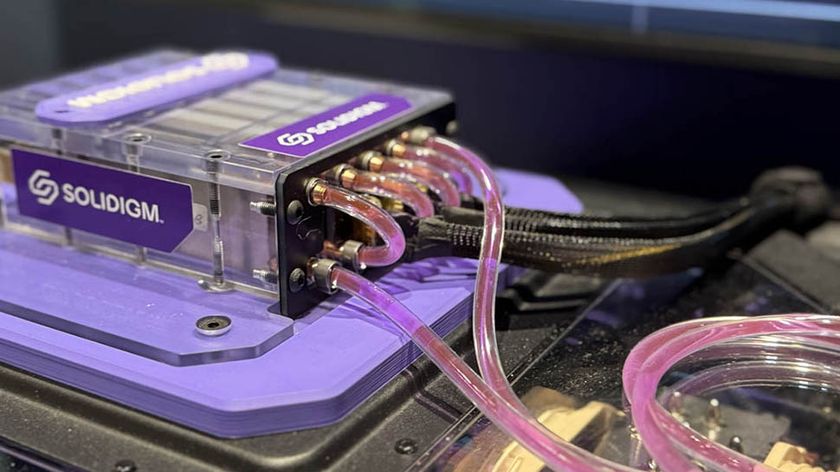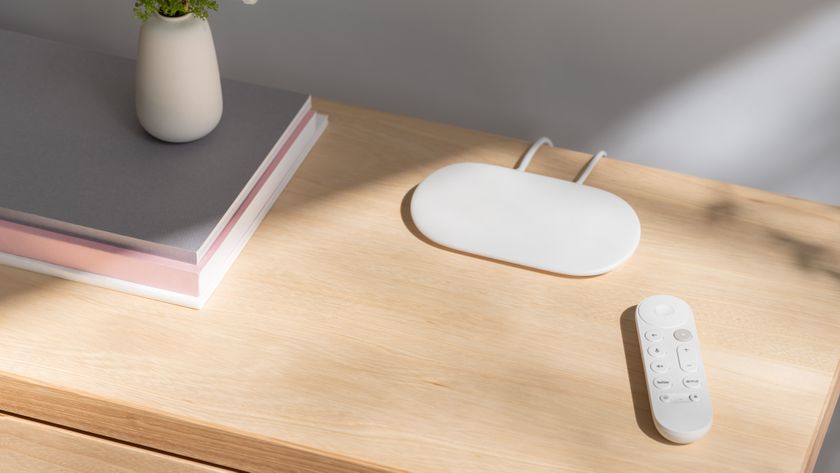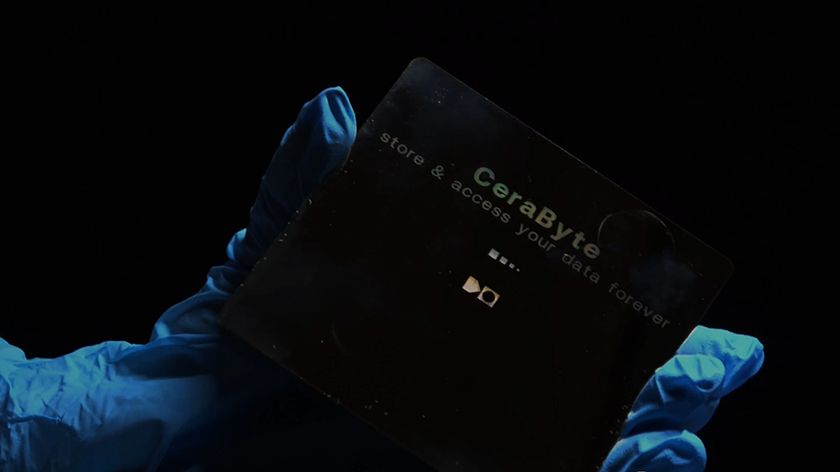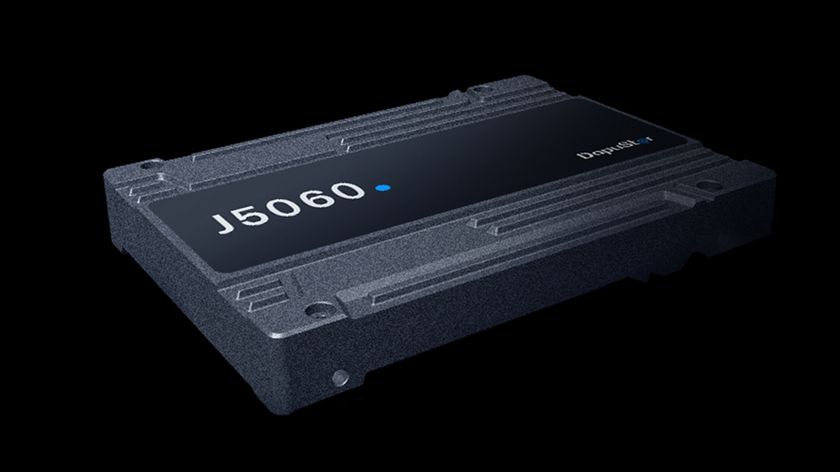35 tips and tricks to speed up your Vista PC
How to get a faster machine without shelling out cash
21. Save time with Scheduled Tasks
If your PC is left on overnight or when you're not using it, you can schedule common tasks to occur while you're away from your desk. Go to Start Search, type in 'Task Scheduler' and hit Enter. Once the Scheduler is open, select tasks and edit the time they should occur and how long they'll last, along with other options. The tasks you'll probably want to run most often are Disk Defragmenter and System Restore.
22. Turn off Aero
People with very low-spec PCs might want to turn off Windows Aero to improve performance. Rendering those lovely transparent taskbars is hard work for older graphics cards, and switching them off would give your PC a much needed boost. To do this, right-click on the desktop, click Personalize > Windows Color and Appearance, and turn off transparency to optimise your computer's performance.
23. Optimise the registry the easy way
Cleaning the registry used to come with all sorts of problems, and doing so can be a good way to send your PC to an early grave. Instead, try defragging the registry, which works much the same way as it does with hard drives. You can download a registry defrag tool from www.registry-clean.net.
24. Trace Windows services
Browse Task Manager on any PC and you'll see the same name: svchost.exe. Each copy of this runs Windows services, some of which can be turned off to save RAM. Find the svchost.exe copy using the most memory, right-click it and select Go to Service(s). Check Black Viper to see what can be safely disabled.
25. Optimise SuperFetch
The SuperFetch settings in Windows Vista are designed to maximise performance, and Tweak VI (available to download from Totalidea Software) has a section dedicated to occasionally clearing the logs to tidy things up and optimise it. To access this, select System Information and Tweaks > Hard drive information... Switch to the Prefetcher and SuperFetch optimisation tab and follow the instructions that are presented.
26. Turn off automatic defragmentation
Your PC slows down while the Defragmenter is running, so you might prefer to set it to run manually - turn off scheduling by unticking Run on a Schedule (recommended). Alternatively, pick a time when you're away from your PC - your lunch hour may be good, so it doesn't interfere with your work.
27. Drop an app's priority
Sometimes a program goes into an endless loop, grabbing all your CPU time, and refusing to be shut down. Launch Task Manager, right-click the program and select Set Priority > Below Normal. Your other programs should then get priority, and you'll be able to use them again.
Get daily insight, inspiration and deals in your inbox
Sign up for breaking news, reviews, opinion, top tech deals, and more.
28. Remove external drives quickly
The Remove Drive Safely gadget sits quietly in your Windows Sidebar and lets you disconnect your USB, SATA and eSATA drives with just a click of your mouse, and it recognises any new drives you plug in as well. You can quickly disconnect single or multiple drives, and because it sits on your Sidebar, it's immediately accessible. Download the gadget from Windows Live Gallery, or click the plus sign on the Sidebar and choose Get more gadgets online.
29. Disable network printer search
If you're on a network, but not sharing any printers, then speed things up by disabling the network printer search. Open the Network and Sharing Center, then under Printer Sharing, click the down arrow and select Turn off printer sharing before clicking Apply.
30. Close any program faster than ever
People have been using this great trick for ages now: to close anything from an Internet Explorer browser window to Windows Media Player faster than you're able to with your mouse, just hold down the Alt key on your keyboard, and then press F4. It might take a while to get used to this shortcut, but once you're accustomed, you'll be navigating round your PC faster than ever before.
31. Quickly gain elevated rights
Press the Windows key to launch the Start menu and type in the program you're looking for - press Ctrl and Shift and Enter followed by Alt and C and you'll launch it with full administrator rights without having to click once.
32. Rename groups of files quickly and easily
When you've got a huge amount of files you'd like to rename, instead of having to alter them one by one, you can rename them all in just a few clicks. Hold Ctrl and left-click each file, or left-click and drag to select all the files you want. Then press F2, type in a common name to use for all the files, press Enter and all the files will automatically be given the same name, with the exception of a number at the end.
33. File things quickly
Want to quickly fling files into their correct folders? Download the free Magic Folder Gadget from davecra.spaces.live.com - this creates a virtual folder into which you drag files. You can dump them all in a single folder, or set it up to move them to a specific location based on their file type. Alternatively, you can download The Magic Folder gadget for your Windows Sidebar, whereby you can drag files onto it and it will automatically move them to the right folder.
34. Use the Send To function
Type %APPDATA%\Microsoft\Windows\sendto into the Start > Run box or Address bar to open your personal sendto folder. Drag a program shortcut into here (hold down Ctrl as you drag to ensure it's copied rather than moved) and you can open a file in that program simply by right-clicking on the file and choosing Send to > Program name. This is perfect if, for example, you have a number of different image-editing tools installed on your PC and you need to choose a different one to the default.
35. Find more problems
The Performance Monitor can tell you which applications are using your processor, memory, hard drive and network, but you'll need to use other tools to do something about it. Type 'Performance Monitor' into Start Search.
-------------------------------------------------------------------------------------------------------
Now read The ultimate guide to overclocking
Sign up for the free weekly TechRadar newsletter
Get tech news delivered straight to your inbox. Register for the free TechRadar newsletter and stay on top of the week's biggest stories and product releases. Sign up at http://www.techradar.com/register
The TechRadar hive mind. The Megazord. The Voltron. When our powers combine, we become 'TECHRADAR STAFF'. You'll usually see this author name when the entire team has collaborated on a project or an article, whether that's a run-down ranking of our favorite Marvel films, or a round-up of all the coolest things we've collectively seen at annual tech shows like CES and MWC. We are one.
